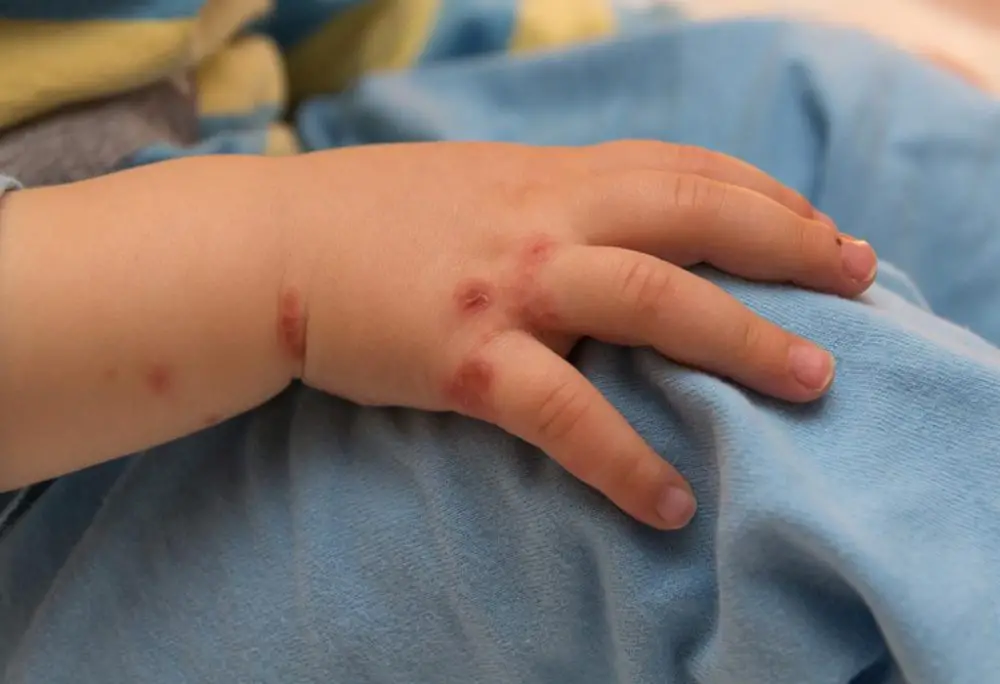Safflower oil originates from the seeds of Carthamus tinctorius. It is an annual, thistle-like plant from the Compositae or Asteraceae family. The plant is known for its bright yellow and orange flowers.
The plant has been quite important in Greek and Egyptian culture. Safflower oil is the most valuable element of this plant. The majority of the production of this plant is used to make oil.
The oil is flavorless and can tolerate both high and low temperatures.
Safflower oil contains a number of nutrients and zeroes cholesterol. It can be a good replacement for some less healthy vegetable oils. This oil is widely used to maintain a healthy heart, manage diabetes, as well as in skincare.
This article looks into some potential health benefits of safflower oil for your health and skin.
Safflower Oil: Nutritional Profile
Safflower oil is rich in fatty acids and some other nutrients. According to a report published by the United States Department of Agriculture, 100 g of safflower oil contains the following nutrients:
- Energy: 884 kcal
- Fat: 100 g
- Vitamin E: 34.1 mg
- Vitamin K: 7.1 µg
- Fatty acids, total saturated: 7.54 g
- Fatty acids, total monounsaturated: 75.22 g
- Fatty acids, total polyunsaturated: 12.82 g
- Fatty acids, total trans: 0.1 g
7 Potential Benefits of Safflower Oil
1. Safflower Oil Can Promote Healthy Heart.
Safflower oil has a high content of omega-6 fatty acids, otherwise known as linoleic acid.
Linoleic acid can balance the cholesterol level in the body and keep your heart healthy.
A study published in Vascular Health and Risk Management shows that safflower extract could improve arterial stiffness.
Regular use of safflower oil in cooking may reduce the chances of heart attack, stroke, and atherosclerosis.
READ ALSO: CBD Oil: Health Benefits, Uses, and Potential Side Effects
2. It May Control Diabetes.
Safflower oil may help control diabetes, thanks to omega-6 fatty acids. The research was published in The American Journal of Clinical Nutrition. It shows that omega-6 fatty acids can manage the blood sugar level in the human body.
Another study published in 2009 shows safflower could help control glucose levels in patients with type-2 diabetes.
Besides, this oil is also claimed to prevent diabetes.
READ ALSO: 15 Real Home Remedies for Diabetes (That’ll Actually Work )
3. Safflower Oil Can Aid in Weight Loss.
If you’re trying to lose some weight, safflower oil can be a good choice for you.
The omega-6 fatty acid found in this oil can help your body to burn fat, instead of storing it.
The similar study that shows the efficacy of this oil to control glucose levels proves its efficacy to manage obesity.
Using safflower oil in cooking may help you lose weight without bringing much change to your regular diet.
4. It May Relieve PMS Syndrome.
Some women go through terrible pain and uneasiness during menstruation. It’s because the prostaglandins component can trigger dramatic fluctuation in hormones during menstruation.
Including safflower oil in your daily diet can reduce the severity of PMS syndrome.
The linoleic acid in this oil can regulate prostaglandins. Safflower oil can also control your menstrual cycle without any adverse effects.
5. Safflower Oil Can Boost Immunity.
Prostaglandins may cause hormonal fluctuations during menstruations. But it can also help the body function properly and improve your immune system.
Although safflower oil is known to regulate prostaglandins, it can help to form omega-6 fatty acids. These fatty acids can produce prostaglandins.
6. It May Keep Your Skin Healthy.
Safflower oil contains linoleic acid that helps boost the quality of your skin.
A 2018 research published in the International Journal of Molecular Sciences confirms the anti-inflammatory and skin barrier effects of safflower oil.
The linoleic acid can control acne and blackheads by combining with sebum to unclog the pores. Besides, it can stimulate the regeneration of new skin cells, reducing the appearance of scars and blemishes.
READ ALSO: 8 Banana Oil Benefits for Skin & Hair: How Effective?
7. Safflower Oil Can Promote Healthy Hair.
The oleic acid in safflower oil is quite good for your hair and scalp. It can strengthen the follicles, increase the circulation on the scalp, and stimulate hair growth. Both oral consumption and using them in cosmetics can help you get healthy and shiny hair.
Safflower Oil: Is There Any Side Effect?
Safflower oil is generally safe and considered one of the healthiest choices as cooking oil. But, most people are allergic to ragweed. Since safflower and ragweed are from the same family, you should avoid both if you’re allergic to any one of them.
Besides, This oil can sometimes lead to extremely low pressure. If you have hypotension, you must avoid it.
Uses of Safflower Oil
- You can use safflower oil for salad dressing as it can be kept in the refrigerator without the fear of solidifying.
- This oil has a high smoke point, meaning that it’s perfect for deep fry.
- You can also apply the oil to your skin to treat skin problems like eczema, acne, etc.
Safflower Oil VS. Safflower Essential Oil: What’s The Difference?
Safflower oil is edible and contains a similar composition to vegetable oils. This oil has a thick consistency and can be used in cooking. You can also use it as a carrier oil for some essential oils.
On the other hand, safflower essential oil is the pressed or distilled version of the flowering parts of the plant. It doesn’t have any oily texture. Unlike safflower oil, the essential version must be diluted before any topical application.
Final Word
Safflower oil is a popular edible oil because of its numerous health benefits. Besides, this oil is commercially used as a moisturizer additive.
Despite some side effects, this oil can be highly beneficial while used in cooking. Started its journey as a dye or coloring agent for clothing, today safflower, and its oil plays a vital role in health and beauty.
You can replace your regular cooking oil with safflower oil to start a healthy diet practice. But, the oil supplement should be avoided if you’re under any medications.
READ NEXT: Coconut Oil for Wrinkles on Face: 20 Home Remedies






